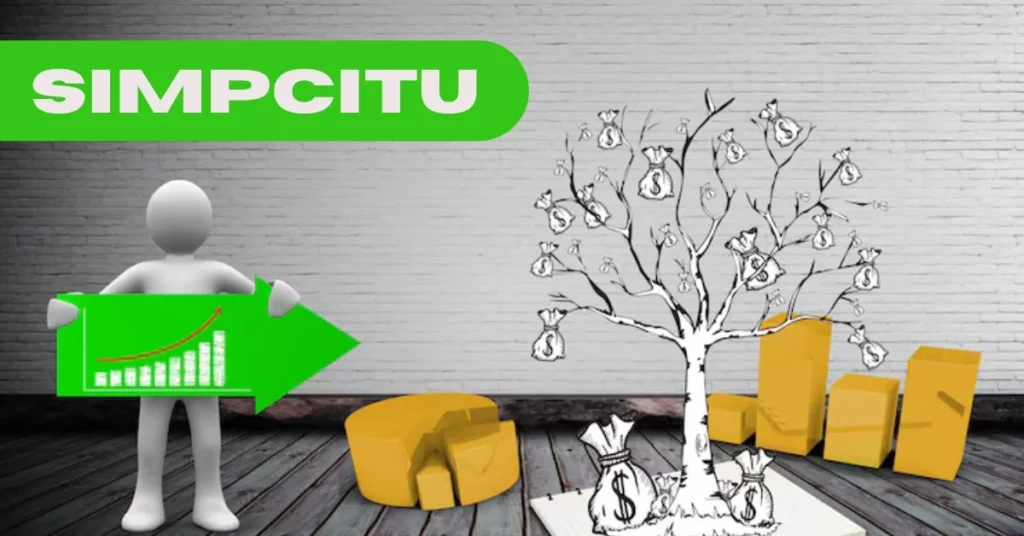In today’s fast-evolving digital landscape, new terms and social phenomena emerge constantly. One such term gaining traction is “Simpcitu”—a blend of “simp” and “solicitude” that describes a unique dynamic in modern relationships and online interactions. But what exactly is Simpcitu, and why is it becoming so prevalent? This article explores the origins, meaning, and cultural impact of Simpcitu, along with its implications for modern dating and social behavior.
What Is Simpcitu?
The term Simpcitu combines two concepts:
- “Simp”: Internet slang for someone who goes to excessive lengths to gain affection or approval, often from someone who doesn’t reciprocate.
- “Solicitude”: A term meaning care, concern, or attentiveness toward others.
Together, Simpcitu describes a behavior where someone displays exaggerated kindness, attention, or financial generosity—particularly in romantic or parasocial relationships—without receiving equal effort in return. Unlike traditional simping, which is often seen as desperate or one-sided, Simpcitu carries a slightly more nuanced tone, sometimes even being viewed as a misguided but well-intentioned form of devotion.
The Origins of Simpcitu
Simpcitu appears to have originated in online communities, particularly in spaces like:
- Twitch & Streaming Culture: Where viewers (often called “simps”) donate large sums to streamers in hopes of recognition.
- Dating Apps & Social Media: Where users engage in excessive compliments, gifts, or favors to win over someone’s affection.
- K-Pop & Celebrity Fandoms: Where fans spend excessively on idols, defending them at all costs.
The term gained momentum as people began noticing that some “simp” behavior wasn’t just about desperation but also stemmed from a deep (if misplaced) sense of care and loyalty.

Why Is Simpcitu Trending?
Several factors contribute to the rise of Simpcitu:
1. The Influence of Social Media & Parasocial Relationships
Platforms like Instagram, TikTok, and OnlyFans encourage one-sided emotional investments, where fans feel personally connected to influencers or celebrities who don’t even know them.
2. Modern Dating Dynamics
With dating apps making connections more transactional, some people resort to over-the-top gestures (like sending money or expensive gifts early on) to stand out—leading to Simpcitu behavior.
3. The Loneliness Epidemic
As more people struggle with isolation, they may channel their need for connection into unbalanced relationships, whether online or in real life.
4. The Normalization of Simp Culture
What was once mocked as “cringe” is now somewhat normalized, with some even wearing the “simp” label proudly as a form of loyalty.
Is Simpcitu Harmful or Just Misunderstood?
Opinions on Simpcitu are divided:
The Negative Side
- One-Sided Relationships: Can lead to emotional burnout and financial exploitation.
- Reinforces Unhealthy Dynamics: Encourages people to seek validation through excessive giving rather than mutual respect.
- Potential for Manipulation: Some influencers or partners may take advantage of “simpcitu” behavior for personal gain.
The Neutral/Positive Perspective
- A Form of Generosity: Some argue that Simpcitu is just an extreme form of kindness.
- Community & Belonging: For some, engaging in Simpcitu (like supporting a favorite streamer) provides a sense of community.
- Cultural Shift in Masculinity: Challenges traditional “alpha male” stereotypes by allowing men to express care openly (even if excessively).
How to Avoid Toxic Simpcitu Behavior
If you recognize Simpcitu tendencies in yourself or others, here’s how to maintain healthier relationships:
- Set Boundaries: Ensure that your generosity is reciprocated, not exploited.
- Self-Worth Check: Ask yourself if you’re giving to feel valued rather than from genuine desire.
- Balance Online & Real-Life Connections: Invest in relationships where effort goes both ways.
- Financial Awareness: Avoid overspending on strangers or unreciprocated romantic interests.
Frequently Asked Questions (FAQs)
1. Is Simpcitu the same as being a simp?
While related, Simpcitu adds an element of “solicitude”—meaning it’s not just about seeking approval but also demonstrating care, even if excessive.
2. Can Simpcitu be a positive thing?
In moderation, showing devotion isn’t inherently bad. However, when it becomes one-sided or financially draining, it can be harmful.
3. Why do people engage in Simpcitu behavior?
Reasons include loneliness, seeking validation, parasocial attachments, or simply enjoying the act of giving—even without reciprocation.
4. How can I tell if I’m taking Simpcitu too far?
If you’re neglecting your own needs, spending beyond your means, or feeling resentful due to lack of reciprocity, it may be time to reassess.
5. Is Simpcitu mostly an online phenomenon?
While it’s prevalent in digital spaces (streaming, dating apps), it also appears in real-life relationships where one person invests far more than the other.
Conclusion: The Future of Simpcitu
Simpcitu reflects broader shifts in how people form connections in the digital age—where the lines between genuine care and performative devotion blur. While it can stem from good intentions, unchecked Simpcitu can lead to emotional and financial strain. As online interactions continue evolving, understanding this trend helps navigate modern relationships more mindfully.
Whether Simpcitu fades as a passing internet slang term or becomes a lasting social concept, one thing is clear: the way we express affection and loyalty is changing, and self-awareness is key to keeping these dynamics healthy.



